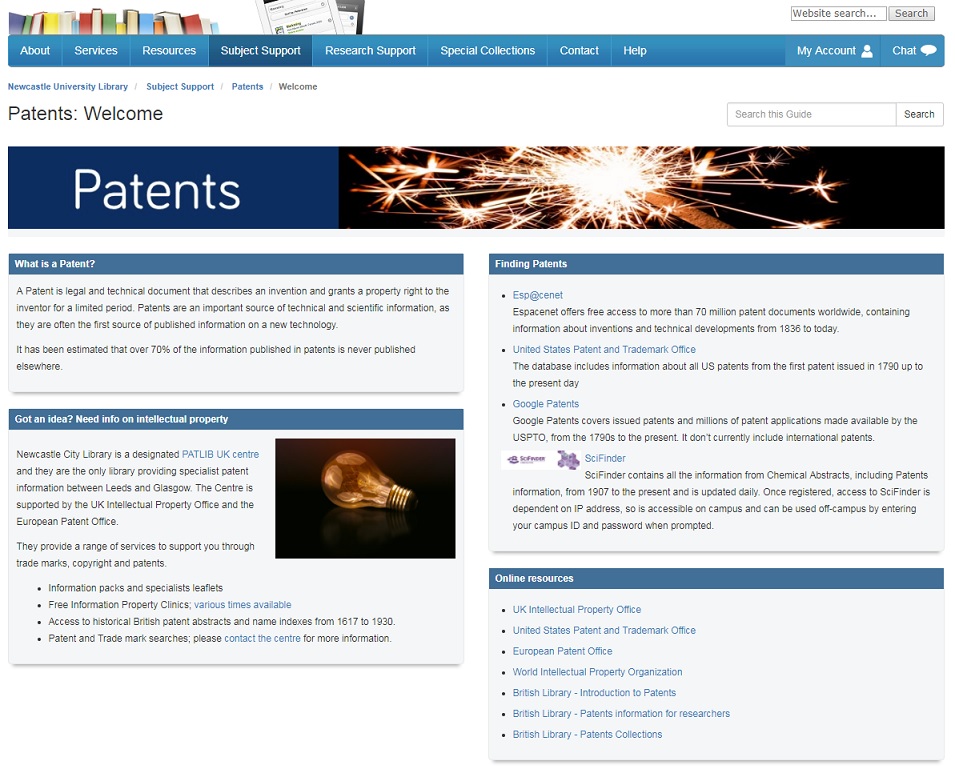This summer we have been very busy buying new journals, databases, eBook collections and print books in hot topics of interdisciplinary interest across Science, Agriculture and Engineering. Here is what we have purchased for Natural and Environmental Sciences:
JOURNALS
- Econometrica
- Nature Plants
- Thieme chemistry journal package:
- Drug Research
- Planta Medica (including backfile 1953-present)
- Synfacts
- Synlett (including backfile 1989-present)
- Synthesis (including backfile 1969-present)
EBOOKS AND DATABASES
- Bergey’s Manual of Systematics and Archaea for Bacteria
- Bloomsbury Food Library
- EDINA Digimap Aerial
- EDINA Digimap Lidar
- Emerald Emerging Market Case Studies
- Morgan and Claypool Colloquium Digital Library of Life Sciences
- SAGE Business Case Studies
- Springer ebook collections in:
- Behavioral Science and Psychology 2018, 2017 (EBA)
- Biomedical and Life Science 2018 (permanent access)
- Business and Management 2018, 2017 (EBA)
- Chemistry and Materials Science 2018, 2017 (EBA)
- Earth and Environmental Science 2018 (permanent access)
- Economics and Finance 2018, 2017 (EBA)
- Energy 2018, 2017 (EBA)
- Medicine 2018 (permanent access)
- Social Sciences 2018 (permanent access)
- World Scientific eBooks 2018 in Chemistry, Material Science, Nanotechnology and Nanoscience.
Click here for a list of all of the new resources we have purchased for the SAgE faculty.



